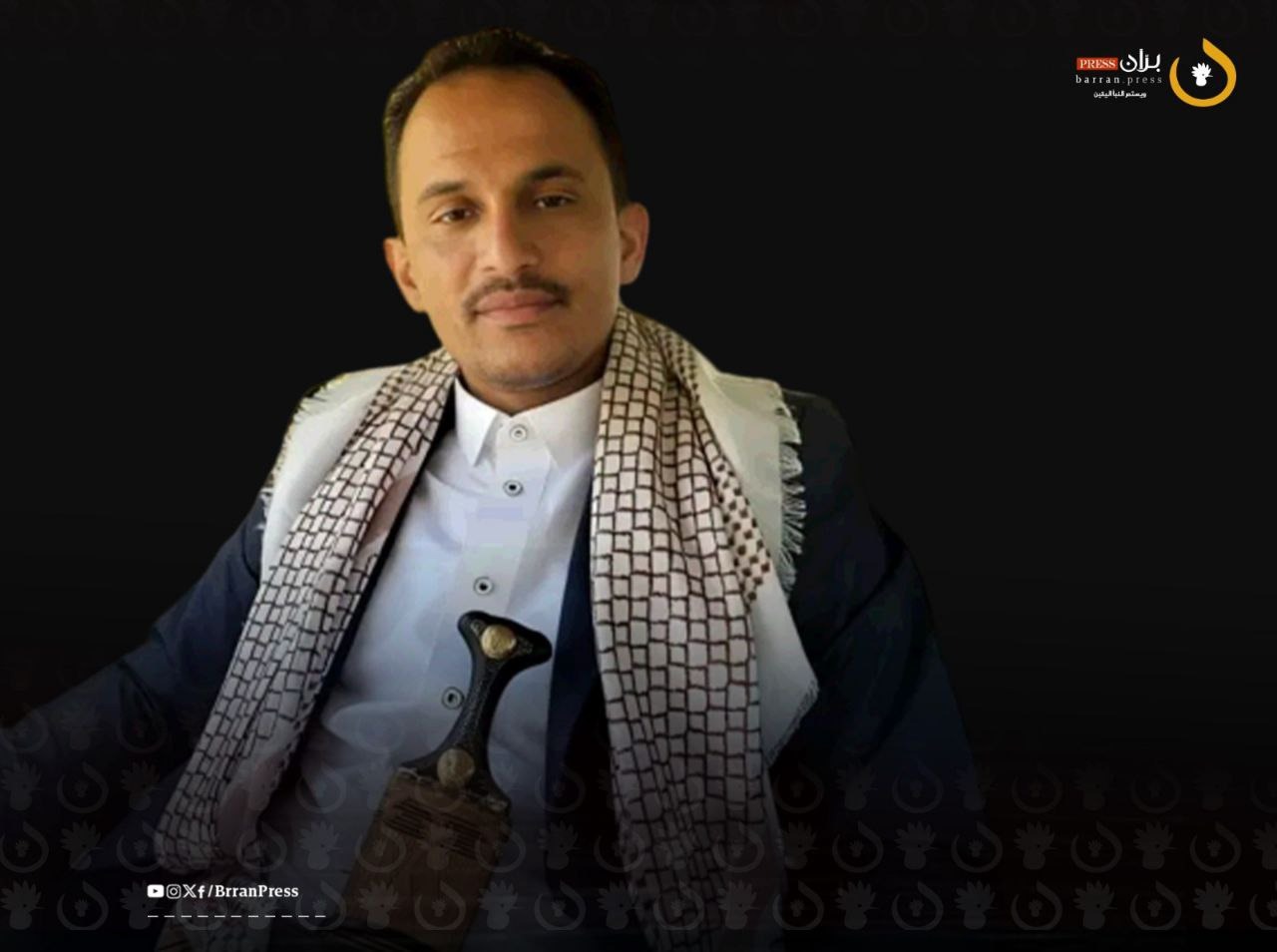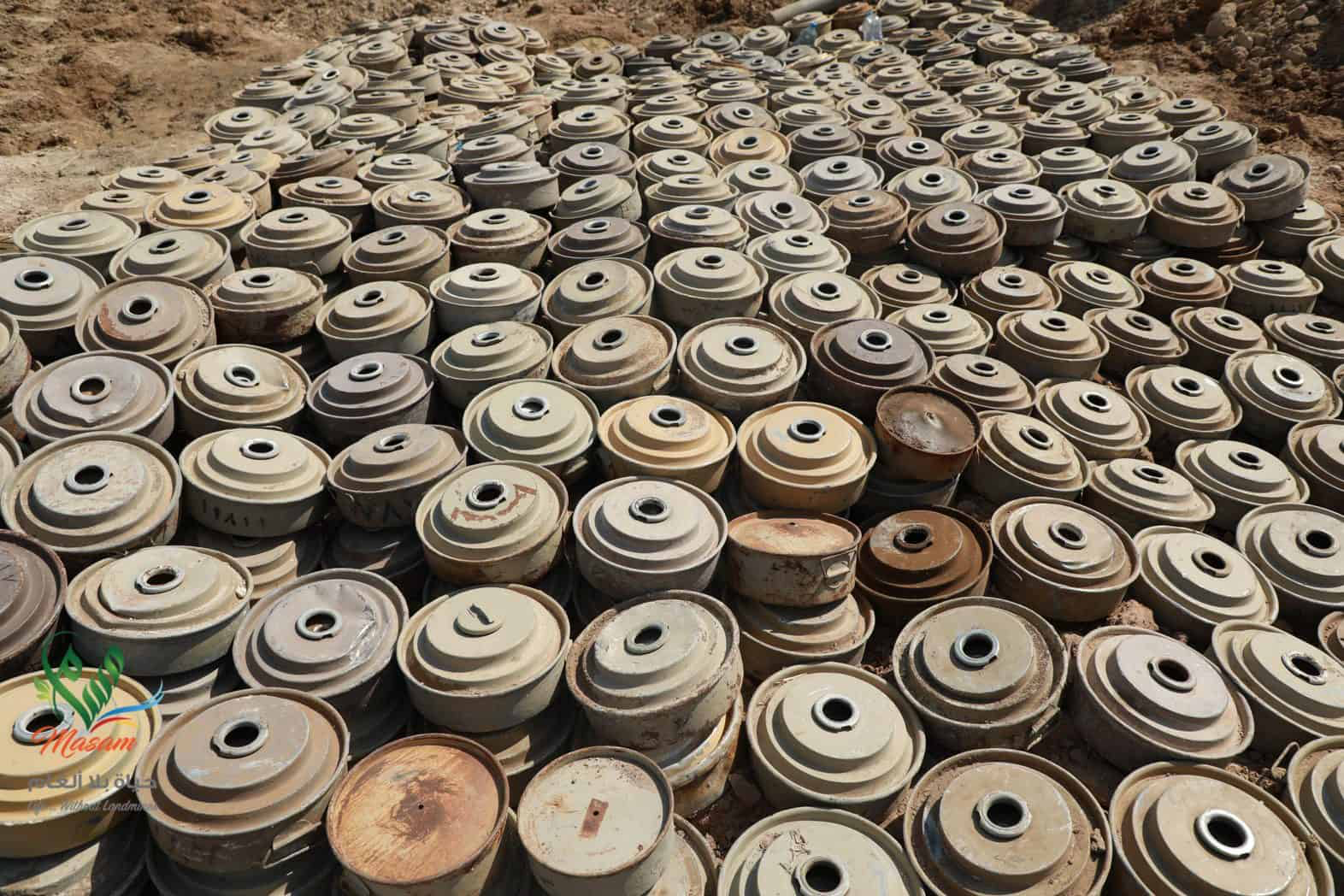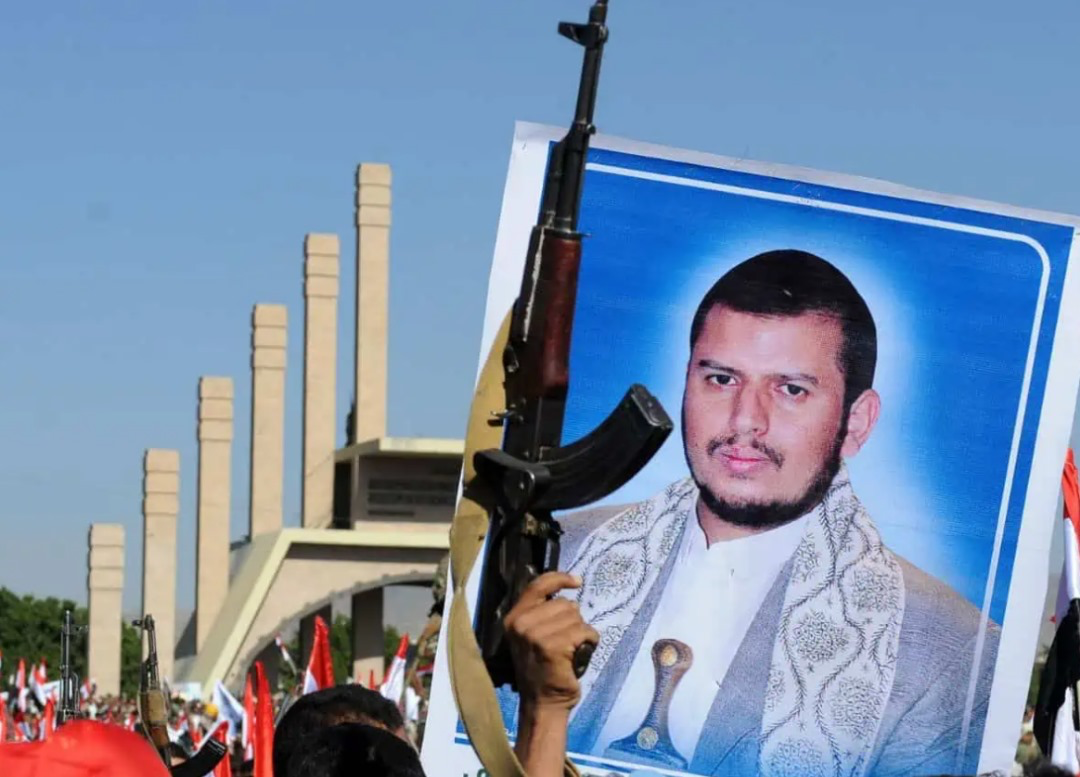
Barran Press
A horrific incident unfolded in Yemen's Dhamar governorate on Thursday, July 11, 2024, when a man, identified as Majed al-Hijra, killed his wife, her father, their child, and then took his own life.
Local sources told Barran Press that al-Hijra, a local activist, shot and killed his four-year-old son, Omar, his wife, and her father, Sultan Abdullah Ahmed, inside his mother's house in the al-Maqnaz'a area of Dhamar's Atma district.
According to the sources, al-Hijra then turned the gun on himself, ending his life. The incident resulted in injuries to other members of his wife's family, including his wife's sister.
The sources attributed the tragedy to a long-standing dispute between al-Hijra and his uncle, stemming from the former's refusal to return his wife and son after being held against his will. The sources alleged that a Houthi official in the area had been pressuring al-Hijra to divorce his wife so he could marry her.
Akram al-Hijra, a relative of the deceased, accused the Houthi security official in the al-Maqnaz'a area (name withheld), along with Judge Mohammed Saeed al-Shujai, his deputy, the legal advisor, and the wife's father, of forming a "gang" that had been pressuring al-Hijra for two years to divorce his wife. He alleged that the security official was seeking to marry al-Hijra's wife.
In a video obtained by Barran Press, al-Hijra stated that he had been fighting in court for two years to get his wife back. He claimed that he had been in constant communication with his friend, Majed, informing him of the details of the case and the injustice he had faced, leading to the tragic outcome.
He added that the security official had been constantly pressuring al-Hijra to divorce his wife so he could marry her, but Majed's persistence had prevented this. He further stated that he had supported Majed financially throughout the legal proceedings.
Al-Hijra's friends shared details of the incident on social media, including personal messages on Messenger where the victim spoke about his wife's father's refusal to return his wife and the Houthi official's intention to marry his wife after demanding a divorce.
The incident has sparked outrage in the community, with many calling for accountability for the Houthi official and others involved in the case. The tragedy highlights the devastating impact of corruption and abuse of power, which has become increasingly prevalent in areas controlled by the Houthi group.





